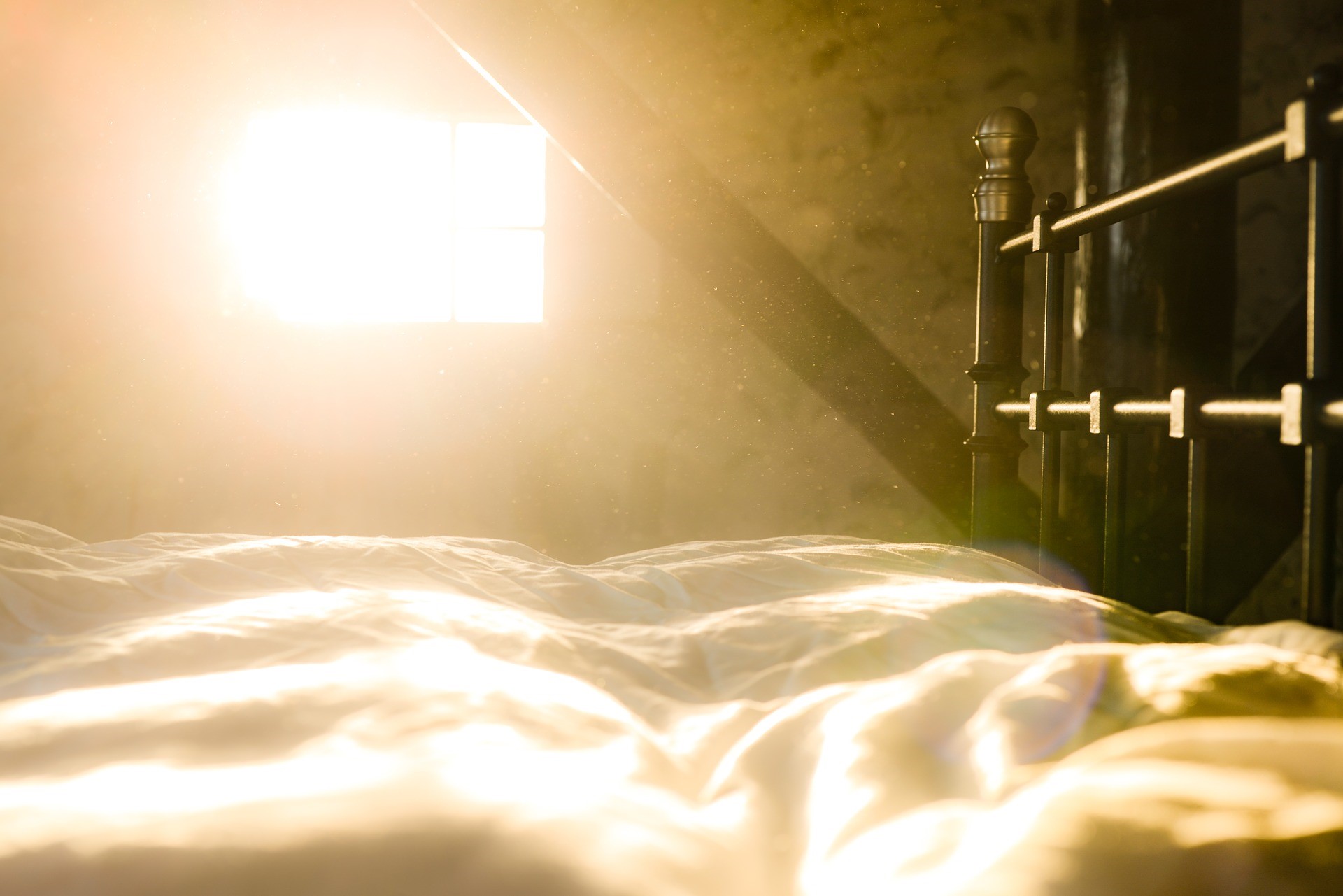Healthy Sleeping Habits for Healthy Families
Written by guest blogger Alexis Hall
Sleep is an important part of overall hygiene that can negatively impact physical and mental health when routinely disregarded. Unfortunately, most people — from kids to adults — aren’t getting the recommended amount of sleep. To better your own health as well as your child’s, it’s important you begin implementing good sleep habits as soon as possible. Here are some tips you can use to improve the entire family’s sleep hygiene and mental health.
Set the Dream Scene
No matter when or where you need to sleep, you need to be comfortable in order to really sink in and sleep through the night, allowing your brain to essentially cleanse itself. If your sleep environment causes you any stress, achieving good sleep will be next to impossible. As such, make your bedroom the sleep sanctuary you need it to be. For starters, organize the space and rid yourself of clutter since it is known to be linked to anxiety and stress. Starting with a blank canvas, go through you and your children’s bedrooms
to identify anything that could lead to discomfort or distraction during sleep. Keep an eye out for anything giving off noticeable light, sound, or smell and then remedy them.
While keeping a television in your bedroom is tempting as an escape from the cartoons you’re forced to watch on a daily basis, the light and noises from it can interrupt your sleep. If outside light from lamp posts or the night sky floods a room, HomeAdvisor recommends blackout curtains over windows to control the amount that comes when it’s time to tuck in the kids. And if your child demands a light, opt for a motion sensor night light that can also be used to light your path to and from the bathroom at night — some distractions are unavoidable.
Get the Temperature Just Right
If you go through the night tossing the blanket on and off to be comfortable, you’re going to wake up just as exhausted — if not more — than you were before putting the kids to bed the night before. Thankfully, there’s an optimal temperature for you to sleep in. According to Sleep.org, a thermostat set somewhere between 60 and 67 degrees is the so-called “Goldilocks Zone” for good sleep. If this isn’t possible, a good fan or cracked window on cooler nights will suffice. Waking from sleep in a sweat probably won’t help you get a good night’s sleep.
Diet and Exercise
When you’re tired, it’s much easier to pick up a pizza for dinner than cook for the family. Then processed, high-fat food wreaks havoc on your body and sleep pattern as well. Get out of the vicious cycle by creating a sleep-friendly environment. Then, commit to a routine. While you’re at it, try to work in a solid exercise routine that’s both invigorating and fun; after all, if you enjoy your workout, then you’re more than likely to stick with it. And while the idea of working out when you’re exhausted might not sound very appealing, you’ll soon discover that your exercise routine is actually improving your sleep routine.
Be Consistent and Relax
Another way to enhance the sleep you do get is by sticking to a routine, which can help you and your children sleep in the long run. The goal is to flow with your body’s natural circadian rhythm rather than alter it. Every day, try to have the family fed before it’s too late and near bedtime. Give your body time to digest the food consumed at dinner before lying down to sleep, and take the time before bed to relax. Consider taking the entire family for a slow walk around the neighborhood to help with digestion and signal the beginning of your bedtime routine.
Reading a bedtime story to your child can be part of your routine as long as it happens on schedule. Adjust your activities as needed and you’ll be surprised how much time is left over each night when you’re not consistently hearing your child ask for a glass of water.
You’ll be surprised how much energy you have after adjusting your sleep routine. With the boost of energy, you’ll be much more inclined to work out consistently and eat well, which plays as much a role in mental health as sleep. Sleep more, and turn your family’s health around.
Image via Pixabay
